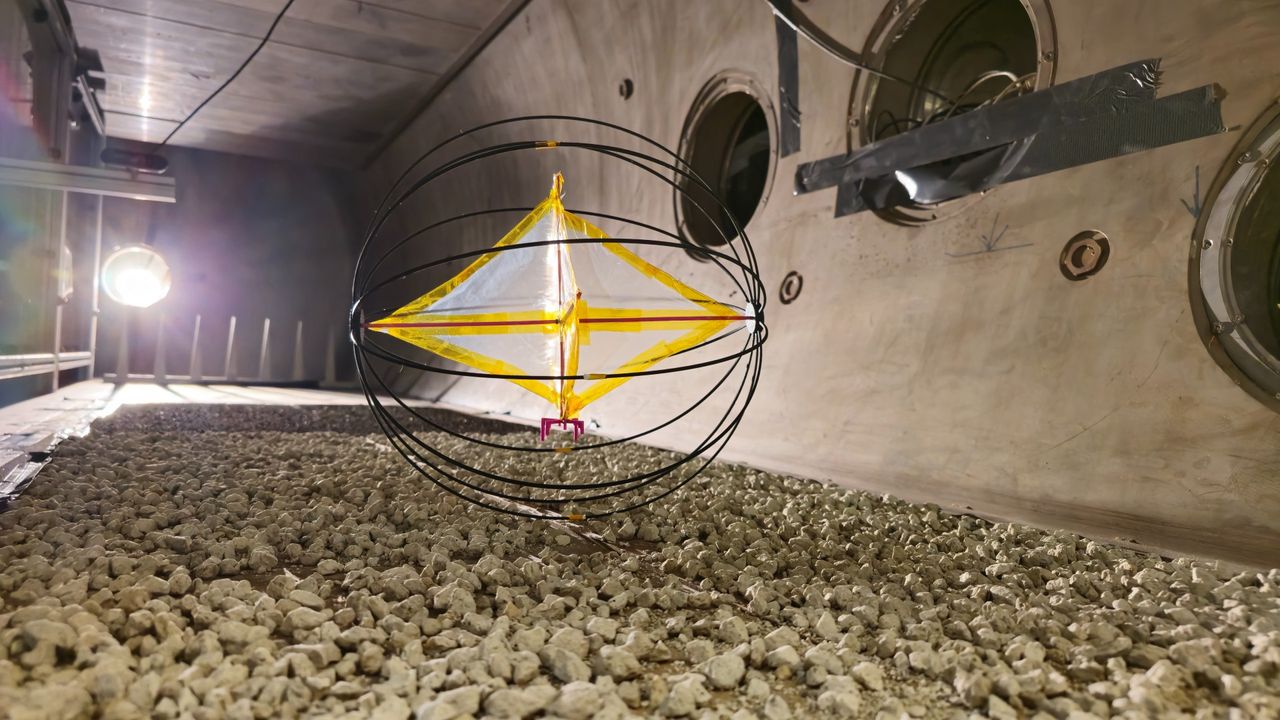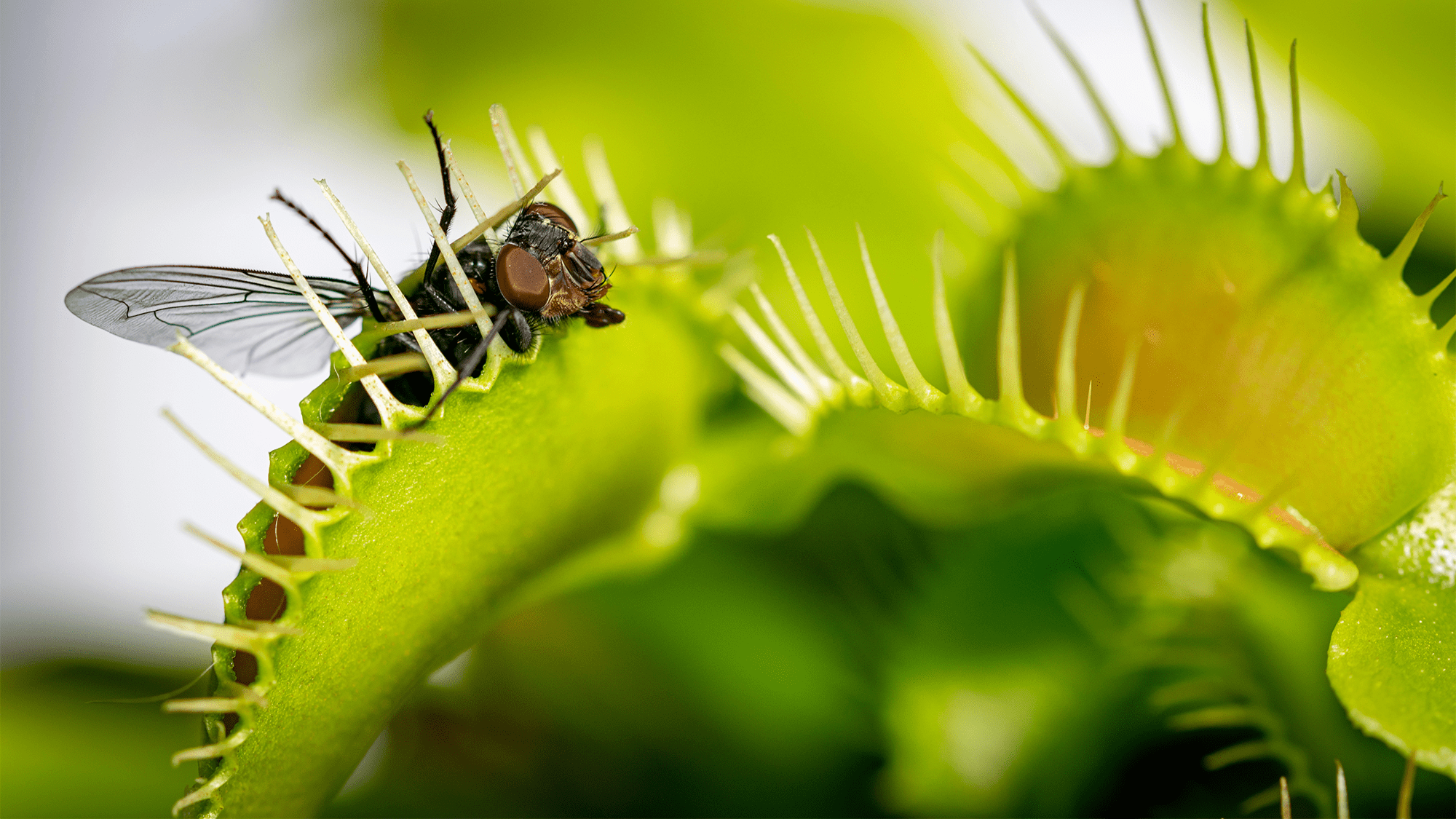SpaceX targeting Oct. 13 for next Starship megarocket launch
PositiveScience

SpaceX is gearing up for the 11th test flight of its Starship megarocket, scheduled for October 13. This launch marks a significant milestone as it will be the final flight of the current 'Version 2' iteration of the rocket. This is exciting news for space enthusiasts and the aerospace industry, as each test brings us closer to advancements in space travel and exploration.
— Curated by the World Pulse Now AI Editorial System







